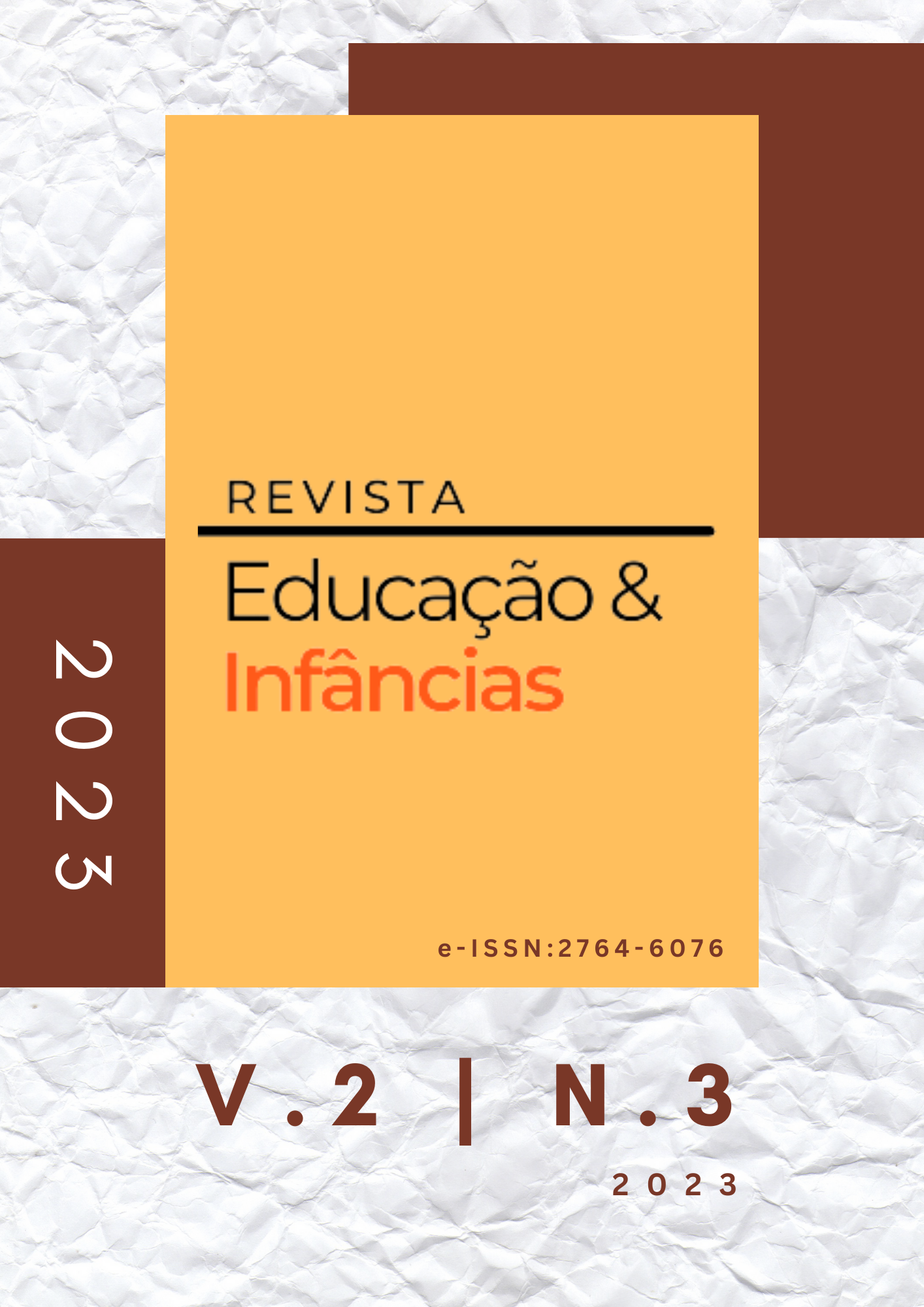Immersive governance networks in the COVID-19 era
DOI:
https://doi.org/10.21680/2764-6076.2023v2n3ID31229Keywords:
: Covid-19, Governance, Social Representations, Educational Policy, Pandemic, AgendaAbstract
As of January 2023, the pandemic has claimed the lives of more than four million. In Mexico, confirmed cases of around a million victims accumulate. In this scenario, the Mexican State has escalated into a conflict with Higher Education Institutions regarding the return to classes. While educational policies revolve around lack of refinement and return to classes, even when young people do not have the basic immunization scheme, public universities lead the practice of the virtual classroom. The objective of this work is to analyze and discuss the differences between the public administration of education and the autonomy of the universities regarding the return to the traditional classroom. A literature review was carried out considering the link between policies to mitigate and contain the pandemic in relation to the protocols for returning to face-to-face classes followed by public universities. Axes, trajectories and relationships between risk prevention, self-care and co-responsibility stand out. In relation to the state of the art, the asymmetries between political and educational actors are discussed.
Downloads
Downloads
Published
How to Cite
Issue
Section
License
Copyright (c) 2023 Revista Educação e Infâncias

This work is licensed under a Creative Commons Attribution-NonCommercial-ShareAlike 4.0 International License.

 Português (Brasil)
Português (Brasil) English
English Español (España)
Español (España)